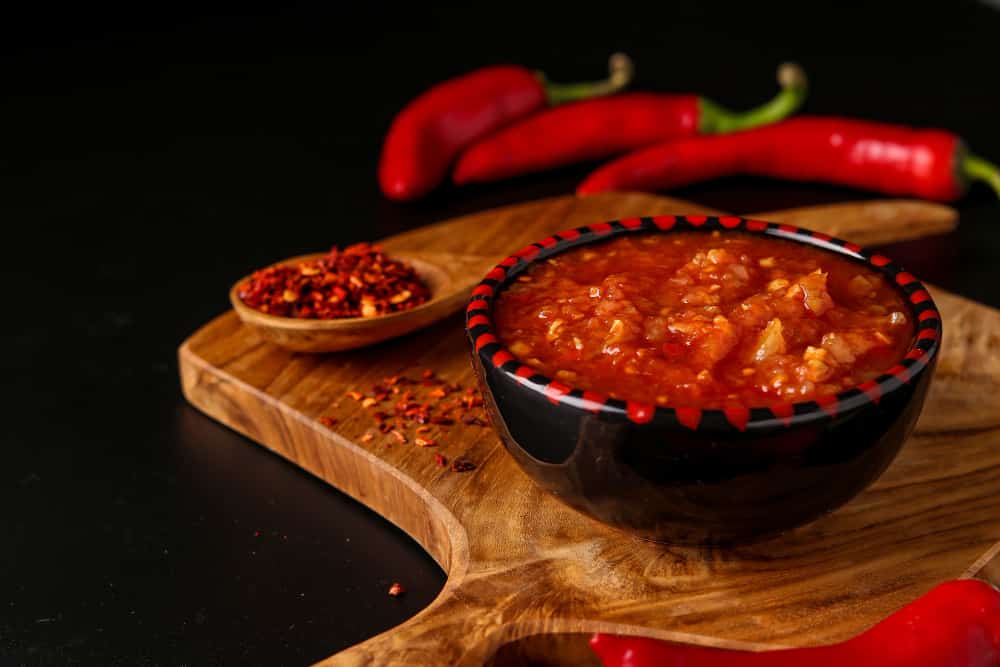11. Spicy Foods

Spicy foods, cherished for their bold flavors and ability to add zest to meals, can pose challenges for individuals with diverticulitis. The capsaicin in chili peppers, which gives spicy food its heat, can irritate the lining of the digestive tract. For those with diverticulitis, this irritation can exacerbate symptoms such as abdominal pain and discomfort, leading to increased inflammation and potentially triggering a flare-up of the condition. While tolerance to spicy foods varies widely among individuals, those with diverticulitis are often advised to monitor their reaction to these foods closely and adjust their intake accordingly.
For those who find that spicy foods exacerbate their diverticulitis symptoms, exploring alternative ways to flavor food without using heat can be a satisfying approach. Herbs, lemon juice, and a variety of spices that are not hot can add complexity and depth to dishes without the risk of irritation. This adjustment does not mean meals must become bland; rather, it opens the door to experimenting with new flavors and ingredients that are gentler on the digestive system.
Navigating dietary restrictions, such as reducing spicy food intake, requires mindfulness and creativity in meal preparation. It’s important for individuals with diverticulitis to listen to their bodies and recognize which foods may trigger symptoms. Consulting with a healthcare provider or dietitian can also offer personalized advice and support, helping to manage diverticulitis effectively while still enjoying a diverse and flavorful diet. Making these adjustments can significantly improve comfort and quality of life for those managing this condition.
